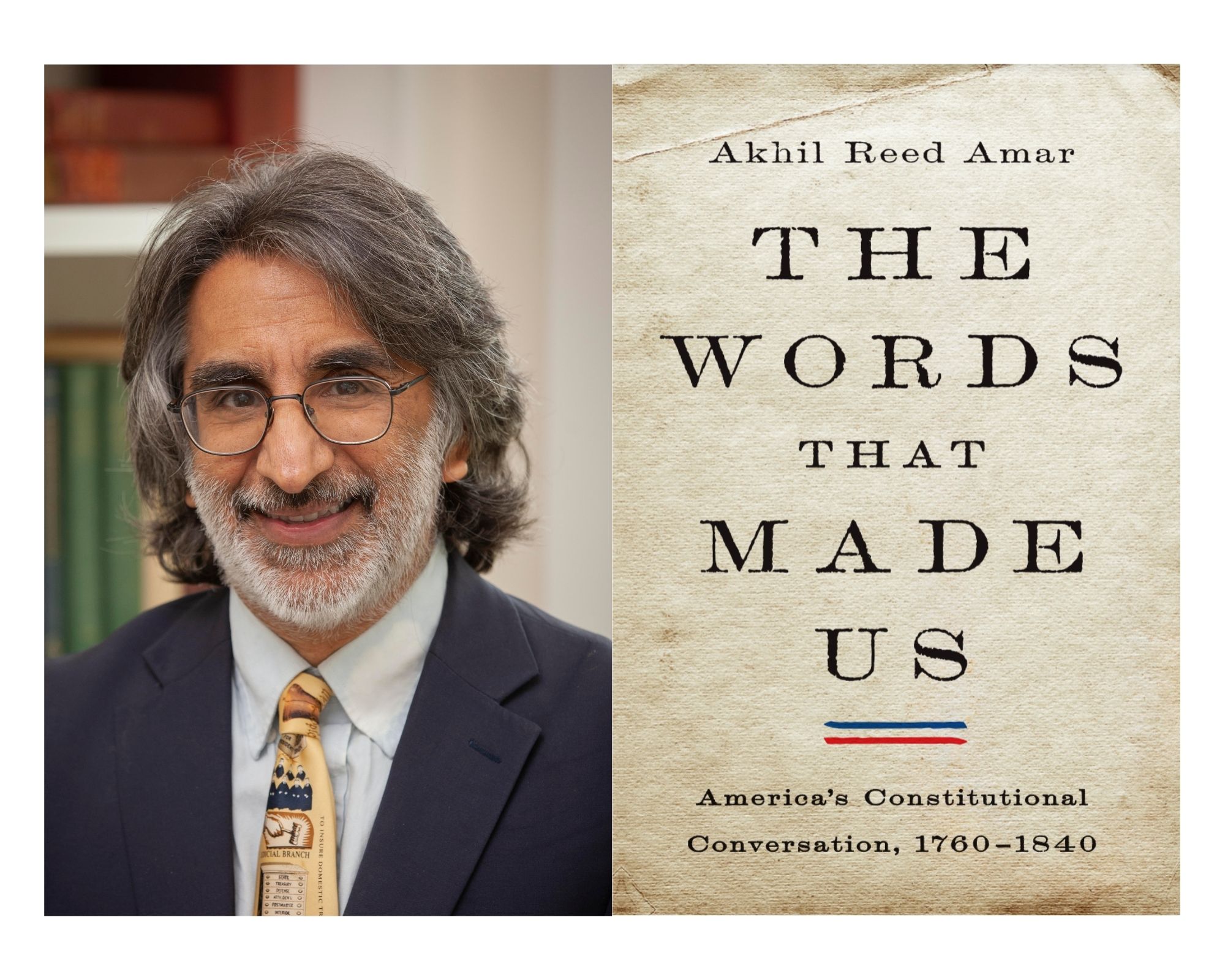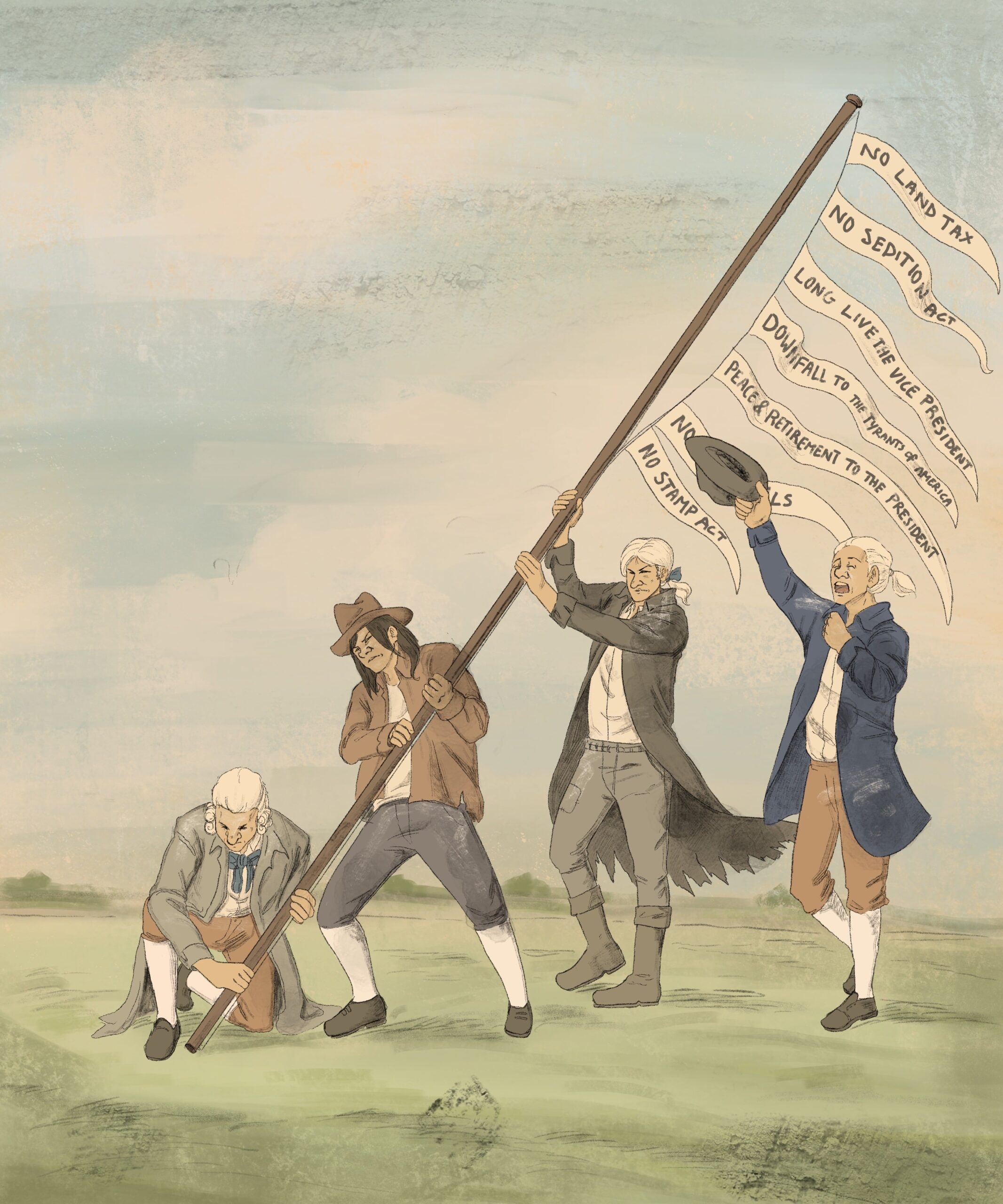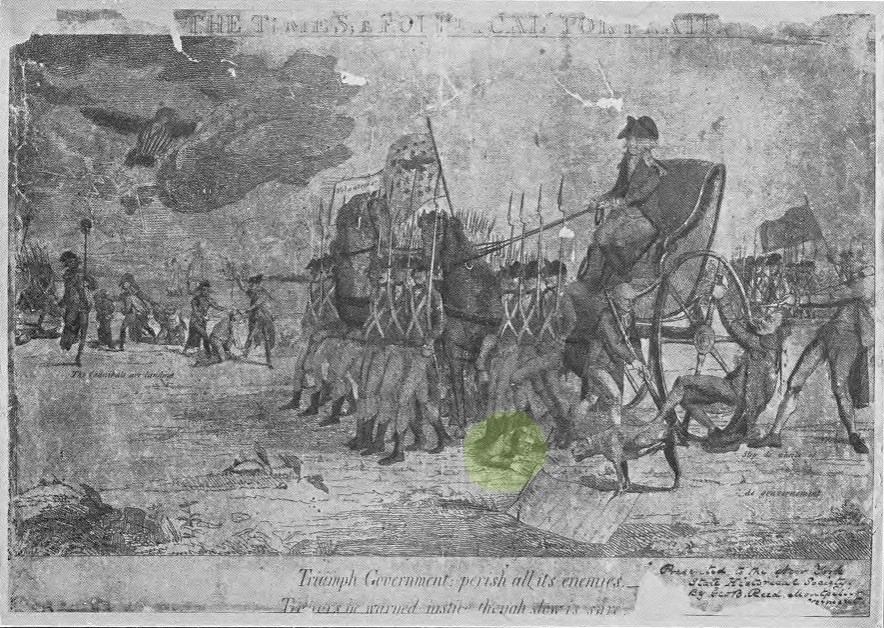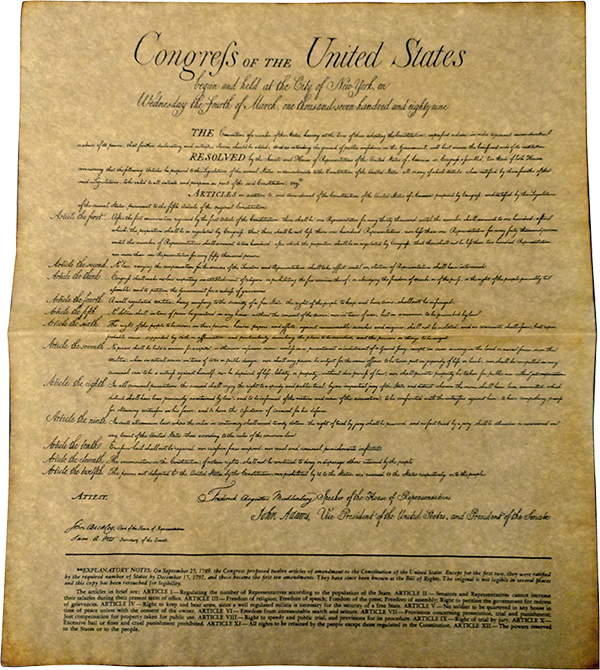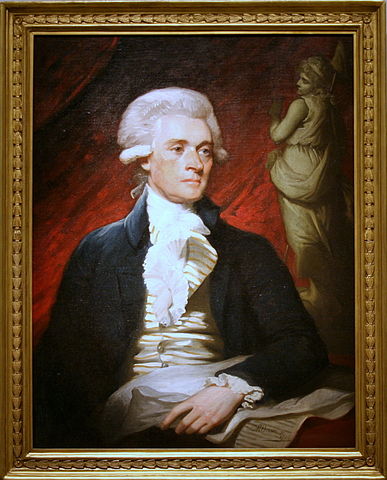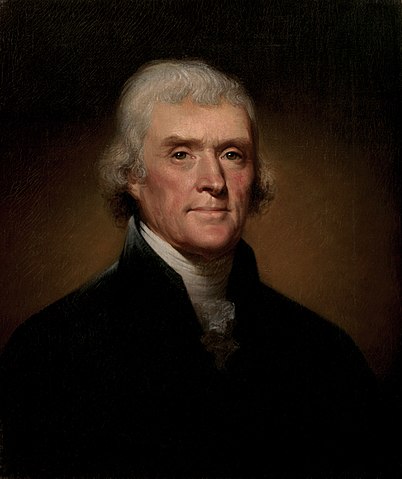Akhil Reed Amar: “The Words that Made Us: America’s Constitutional Conversation, 1760-1840”
In his newest book, The Words that Made Us: America’s Constitutional Conversation 1760-1840, Yale law professor and constitutional historian Akhil Reed Amar tells the story of the first 80 years of democratic debate in the United States. This excerpt focuses on the origins of America’s newspaper culture and the central role it played in forming our democracy.
Teacher Guide: The Sedition Act of 1798
The Sedition Act of 1798 was the first great test of the First Amendment’s protection for the freedom of speech and press. Under the new law, Americans could face up to $2,000 in fines (nearly $42,000 in 2020 dollars) and two years in prison for criticizing a public official. Passed only seven years after the ratification of the Bill of Rights, the Sedition Act forced the young country to decide not just whether it was truly dedicated to freedom of speech, but also what that idea would even mean in a democratic republic.
When Benjamin Franklin’s Grandson was Jailed for Criticizing President Adams
For those who cannot imagine a time less favorable to a free press than the present moment, Ronald K.L. Collins' essay serves as a useful reminder that some of the biggest threats to the First Amendment took place in the first decade following ratification.
Madison-Jefferson Letters on Advisability of a Bill of Rights, 1787-1789
Although he later became the primary author of the Bill of Rights, Madison expressed serious doubts about the wisdom of amendments securing rights. Among other reasons, Madison believed that state bills of rights were little more than “parchment barriers” that were often ignored by “overbearing majorities in every State.”
Thomas Jefferson to Edward Carrington
In this famous letter to Edward Carrington, a fellow Virginian, Jefferson upholds the freedom of the people to criticize their government. The American people “are the only censors of their governors; and even their errors will tend to keep these to the true principles of their institution. To punish these errors too severely would be to suppress the only safeguard of the public liberty.”
Thomas Jefferson’s First Inaugural Address
On March 4, 1801, Thomas Jefferson delivered his First Inaugural Address in the Senate Chamber before taking the oath of office administered by Chief Justice John Marshall. He became the nation’s third President amidst the fires still burning from the odious Alien and Sedition Acts of 1798. Under the Sedition Act, the Federalist Administration of John Adams had jailed more than a dozen Democratic-Republican political opponents for their speech or writing. Jefferson, vice president under Adams, and James Madison had opposed the Acts in their Virginia and Kentucky Resolutions, written in secret.
